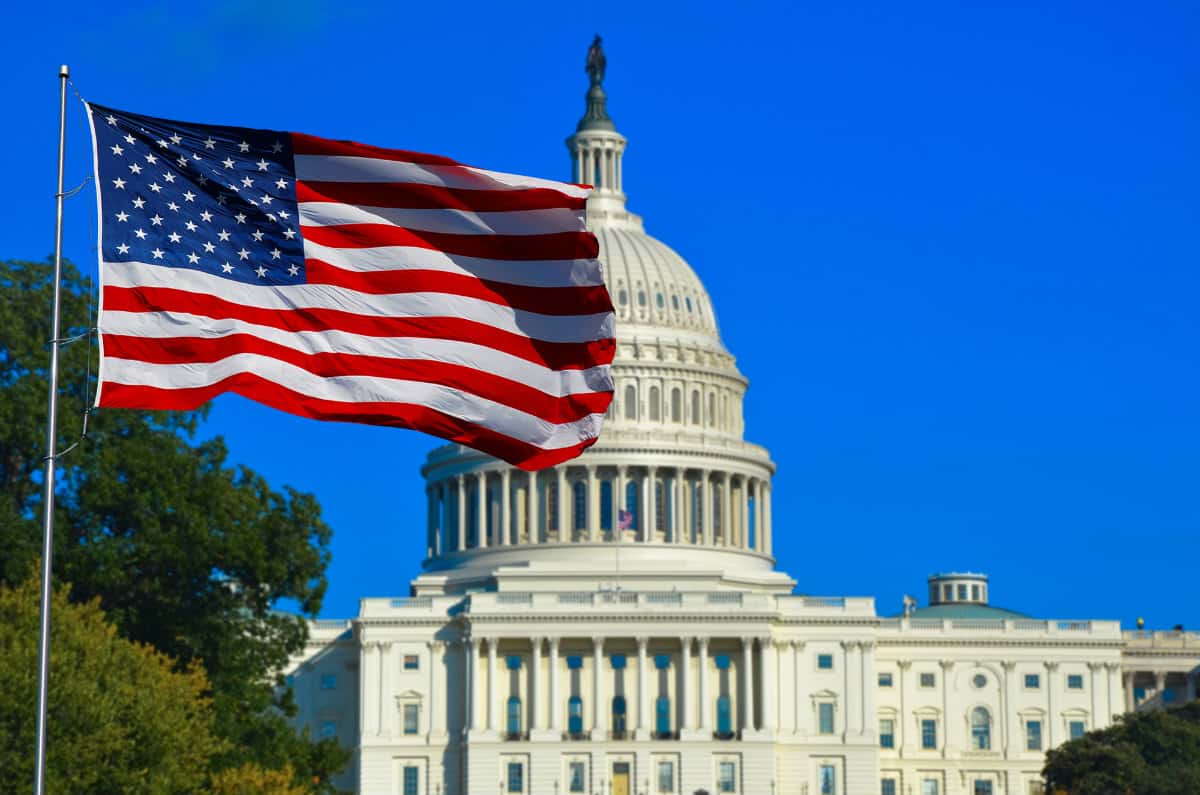[fusion_builder_container hundred_percent="no" equal_height_columns="no" menu_anchor="" hide_on_mobile="small-visibility,medium-visibility,large-visibility" class="" id="" background_color="" background_image="" background_position="center center" background_repeat="no-repeat" fade="no" background_parallax="none" parallax_speed="0.3" video_mp4="" video_webm="" video_ogv="" video_url="" video_aspect_ratio="16:9" video_loop="yes" video_mute="yes" overlay_color="" video_preview_image="" border_size="" border_color="" border_style="solid" padding_top="" padding_bottom="" padding_left="" padding_right=""][fusion_builder_row][fusion_builder_column type="1_1" layout="1_1" background_position="left top" background_color="" border_size="" border_color="" border_style="solid" border_position="all" spacing="yes" background_image="" background_repeat="no-repeat" padding_top="" padding_right="" padding_bottom="" padding_left="" margin_top="0px" margin_bottom="0px" class="" id="" animation_type="" animation_speed="0.3" animation_direction="left" hide_on_mobile="small-visibility,medium-visibility,large-visibility" center_content="no" last="no" min_height="" hover_type="none" link=""][fusion_text]

In light of recent discoveries from the scientific community that heartburn drug Zantac may cause cancer, some U.S. lawmakers are pushing for legislation that would give the U.S. Food and Drug Administration (FDA) the authority to issue mandatory recalls for dangerous drugs.
Representative Rosa DeLauro (D-CT) has introduced a bill called the Recall Unsafe Drugs Act (RUDA), which would allow the FDA to issue mandatory recalls for unsafe medications.
At the moment, the FDA only has the authority to recall dangerous medical devices, contaminated food, and infant formula. They cannot issue mandatory recalls for dangerous drugs, but instead can recommend that pharmaceutical companies conduct their own tests and consider recalling products over safety concerns.
DeLauro has also specifically called for a total ban on ranitidine sales (the active ingredient in Zantac). In late 2019, she wrote a letter to FDA Commissioner Stephen Hahn and the Department of Health and Human Services, urging them to recall all drugs containing ranitidine due to high levels of probable carcinogen N-Nitrososdimethylamine (NDMA).
During a recent Capitol Hill press conference, DeLauro and Valisure CEO David Light both spoke in favor of the Recall Unsafe Drugs Act. Valisure is the company that first studied the connection between ranitidine, NDMA, and cancer and reported their findings to the FDA, which led to recommendations for testing and recalls by pharmaceutical companies.
During this press conference, Light mentioned a new study that was jointly conducted by Valisure, the Memorial Sloan Kettering Cancer Center, and Stanford University. This study was scheduled to be published in the scientific journal JAMA on January 10th, 2020, but that publication has been delayed.
The study has been withheld for further review, which Light claims is extremely unusual. DeLauro also voiced concerns over this delay, suggesting that JAMA management may be facing "inappropriate pressure" to withhold the study.
As this story continues to develop, many Zantac users who have been diagnosed with cancer are exploring their legal options. Some have filed lawsuits against the manufacturers of Zantac for alleged negligence.
Pharmaceutical companies have a legal duty to make sure their drugs are safe and to warn consumers about possible dangers. Those who fail to do so can be held liable in civil courts by consumers who have suffered injuries or health problems due to taking a dangerous drug.
You can learn more about your legal rights as a Zantac user with cancer by contacting our experienced defective drug lawyers for a free consultation.
[/fusion_text][/fusion_builder_column][/fusion_builder_row][/fusion_builder_container]